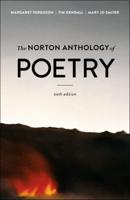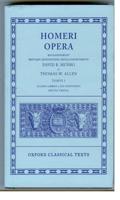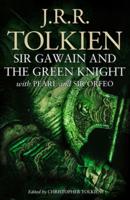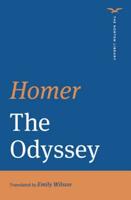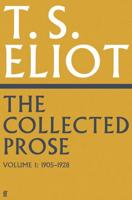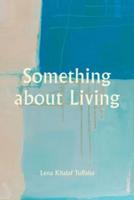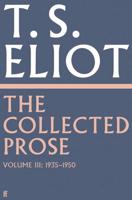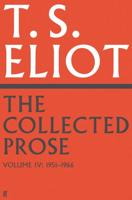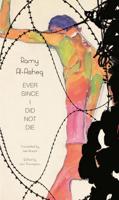Publisher's Synopsis
Born on 24 July 1895, Robert Graves had a richly literary early environment. His father was a poet and a schools inspector. He followed, with firmer tread, in his father's footsteps. Admired in his pram by Swinburne, he was not permanently damaged by the meeting but, as a scholarship boy, went to Charterhouse and then to Oxford. His course was interrupted by the First World War, in which his poetry began to mature and in which he was famously reported slain in action in 1916. Shell-shocked, he went on to St John's, Oxford. There in 1918 his hugely prolific writing life began in real (prose and verse) earnest.
The phases of his critical writing are radically distinct, linked by a serious creative intent and by a remarkable eloquence. From the 1925 volume Poetic Unreason and Other Studies to his collaborative works with Laura Riding (not included here, but perhaps in a later joint volume), to The Common Asphodel (1949) and other work, much of it hitherto scattered, Graves's concerns and discoveries are risky and often momentous. It is as though, almost single handed through the harsh anti-Romantic years and into the decades of irony, he had maintained and defended the lyric tradition, making it classical and viable against the tide, again and again. As advocate, polemicist and mythographer, his work in verse and prose has exercised a constant influence on poets, readers and critics ill at ease with fashion and hungry for the sustaining traditions that underlie the merely conventional.

